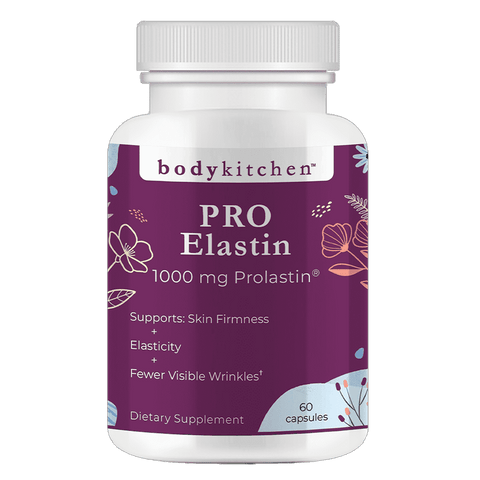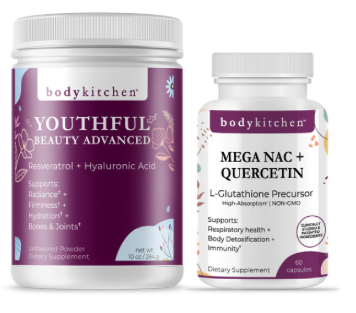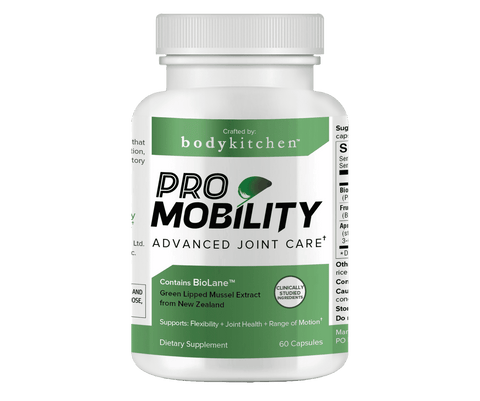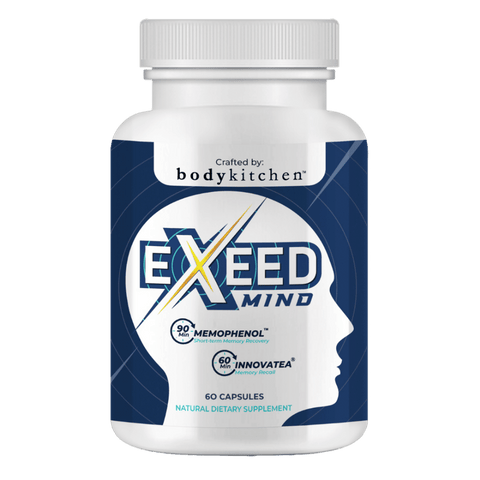THE WINTER BLUES AND MOOD BOOSTING SUPPLEMENTS
Roughly 3 percent of people in the United States suffer from season-related depression, and many more notice a decline in their mood during the coldest, darkest times of the year. Understanding why these symptoms occur can help you take steps to promote a good mood. Read on for tips on addressing the winter blues and finding out how ashwagandha, GABA, and l-theanine may benefit you.
WHAT IS SEASONAL AFFECTIVE DISORDER?
Seasonal affective disorder is a form of depression that comes on during one season, most often in the winter. Scientists believe that the problem occurs when the body's natural circadian rhythms that control the sleep-wake cycle become disrupted due to changes in sunlight. In people who suffer from seasonal affective disorder (SAD) in the winter, the lack of sunlight triggers the response. People who suffer from clinical depression are at a greater risk of developing the condition. Genetics may also play a role.
SEASONAL AFFECTIVE DISORDER SYMPTOMS
Symptoms of seasonal affective disorder include:
- Loss of interest in activities once found enjoyable
- Reduced energy level
- Oversleeping
- Changes in appetite, usually with cravings for carb-heavy foods
- Sluggishness
- Agitation
- Problems concentrating
- Sense of worthlessness
- Guilt
- Weight gain
Doctors usually diagnose seasonal affective disorder when these symptoms occur most of the day and are present nearly every day throughout the season.
TIPS FOR BATTLING THE WINTER BLUES
To battle the winter blues, follow these tips:
- Improve your diet. The carbohydrates and added sugars that you may crave during the winter months can worsen the physical effects of depression by causing sharp increases in blood glucose levels that drop off quickly, leading to low energy levels. Filling your diet with vegetables, nuts, beans, fruits, whole grains, and lean proteins helps support steady energy production and supplies your body with the vitamins, minerals, and other nutrients needed to thrive.
- Stay active. Exercise has been shown to release endorphins, natural chemicals that improve mood. Experts generally recommend 2.5 hours of moderate physical activity like walking or yoga per week.
- Get more sunlight. Make time to go outside and enjoy sunlight when you can. Wear sunscreen and UV-blocking sunglasses to protect yourself and dress appropriately for the weather. Even if the sky is overcast, the sun is still present, so you don't have to skip your outdoor walk just because you see gray skies overhead.
- Remain connected with friends. Depression often causes people to pull away from loved ones, causing feelings of isolation and guilt. Make an effort to stay connected with friends and family members in a way that you have enough energy for. If you don't feel like going out, chat online, text, call, or email.
- Control your sleep. Getting too much or too little sleep can worsen mood problems. Aim for seven to eight hours of sleep each night to maintain your energy levels.
MOOD BENEFITS OF ASHWAGANDHA, L-THEANINE, AND GABA
Mood enhancing supplements may have the potential to ease symptoms of seasonal affective disorder. Although research into the use of mood supplements is ongoing and more evidence is needed to prove their effectiveness, three particular options have shown promising results in studies:
- Ashwagandha. An ashwagandha supplement contains extracts from a medicinal herb that has been used as a part of Ayurvedic healing for thousands of years. Research suggests that ashwagandha benefits the mind by crossing the blood-brain barrier and helping to regulate the activities of critical chemicals. In addition, the herb may help to defend the body from the effects of stress. As a result, many people take ashwagandha for anxiety as well as for mood support.
- L-Theanine. L-theanine is an amino acid found in tea, mushrooms, and some other plants. Although the human body does not need the nutrient to function properly, there is evidence suggesting that l-theanine benefits mood by helping the brain regulate chemicals like serotonin and dopamine. Small studies have also concluded that it may help improve sleep and concentration, which could benefit people with the winter blues.
- GABA. GABA, or gamma-aminobutyric acid, is an amino acid that plays an essential role in brain function. Studies have found that people who suffer from depression often have lower levels of amino acids. As a result, some experts believe that GABA benefits mood when taken as a supplement. The theory is that increasing levels of GABA through a supplement can help improve the brain's natural supply to promote proper brain function.
These are excellent and natural nutraceuticals. You can take them all individually or choose naturally-formulated products such as Body Kitchen Stress Release. This formula contains clinically-researched forms of the previously mentioned ingredients, making it a highly convenient and effective way to get the proper doses of these nutrients.
It’s always wise to consult your doctor to determine whether these supplements are right for your needs.
















